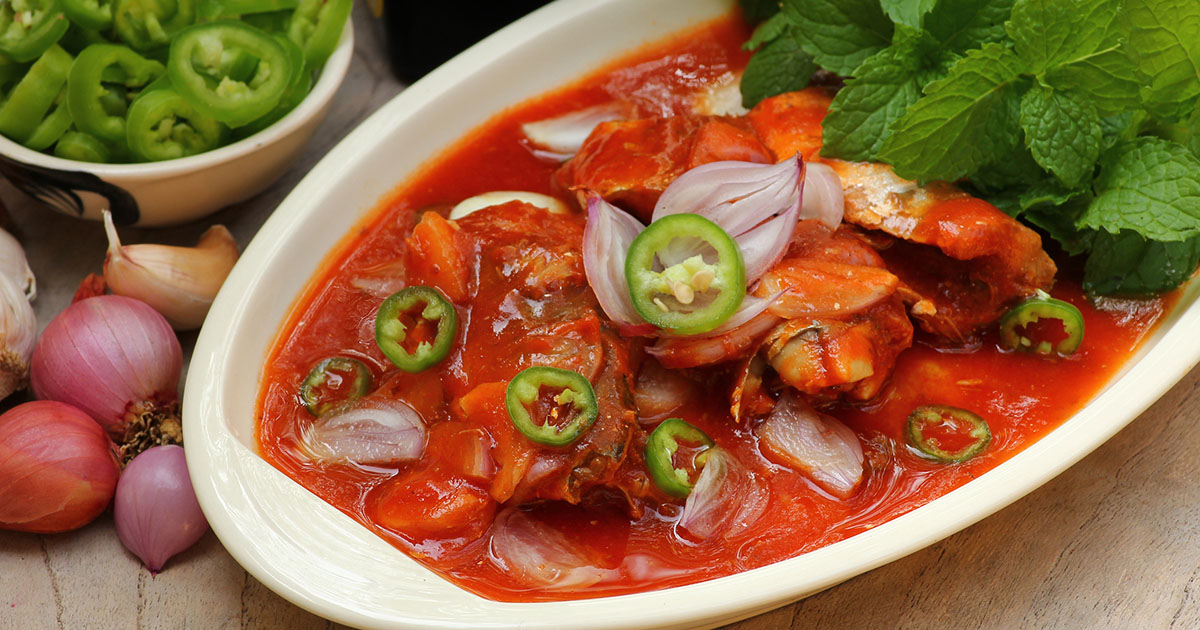Common Causes & Risk Factors Of Peptic Ulcer Disease
Spicy Foods

It was long believed spicy foods could cause peptic ulcers by literally burning the lining of the stomach. A growing body of research shows spicy food won't cause an ulcer, but it will make the condition worse. This is why patients with peptic ulcer disease experience burning stomach pain after consuming spicy food. If you do have an ulcer, it's generally a good idea to avoid hot foods like hot peppers, curry, and salsa if you experience discomfort. There is some research, however, that capsaicin, which makes peppers hot, can stimulate stomach secretions that may prevent and help heal stomach ulcers.
Medications

Certain medications can also cause peptic ulcer disease to develop, especially if a patient frequently uses acetylsalicylic acid, ibuprofen, naproxen sodium, ketoprofen, and other nonsteroidal anti-inflammatory medications. However, they do not include acetaminophen. The risk for this type of behavior increases significantly in women over the age of sixty, making them some of the most susceptible individuals to developing peptic ulcer disease. Older individuals who also take anti-inflammatory medications for osteoarthritis are also highly likely to develop this condition as well.
Nonsteroidal anti-inflammatory medications can irritate or inflame the lining of the stomach as well as the small intestine, possibly leading to peptic ulcer disease. Other medications, especially when combined with nonsteroidal anti-inflammatory medications, can increase the risk of developing ulcers. These medications include steroids, anticoagulants, selective serotonin reuptake inhibitors (SSRIs), alendronate, and risedronate.
